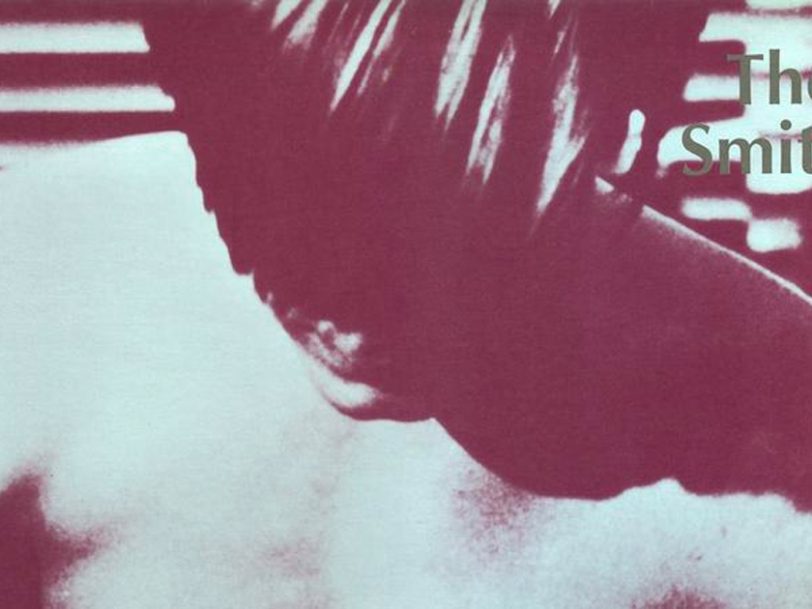It’s fair to say expectations were exceptionally high for The Smiths’ self-titled debut album. Prior to the album’s release, the Mancunian quartet’s dashing second single, This Charming Man, had broached the UK Top 30, and – with help from an adoring media – The Smiths had already built the kind of devoted following only previously associated with iconic British rock acts such as The Who and The Jam.
With mass acceptance theirs for the taking, The Smiths were fastidious when it came to creating their debut album. After initial attempts to record it with ex-Teardrop Explodes guitarist Troy Tate in the producer’s chair, the group re-recorded most of its songs with producer (and former Roxy Music bassist) John Porter at the helm. The resulting album was released on 20 February 1984, and it duly delivered, shooting to No.2 in the UK and taking the band into the mainstream.
- The Smiths Artworks: All 27 Album And Single Covers, Ranked And Reviewed
- How The Smiths’ Debut London Gig Set Them Up For Stardom
- How Gen Z Is Embracing The Smiths On TikTok
Having already set the bar high, Morrissey and company would make good on their promise with their subsequent studio albums, Meat Is Murder, the masterly The Queen Is Dead and their final bow, Strangeways, Here We Come, yet The Smiths remains an extremely worthy debut and one of the cornerstones of the group’s legacy, as revealed by this track-by-track guide to every song on the album.
Listen to The Smiths’ debut album here.
The Smiths’ Debut Album: A Track-By-Track Guide To Every Song
Reel Around The Fountain
It’s a measure of The Smiths’ inherent confidence that they chose to open their debut album not with a high-energy rocker but with this yearning widescreen ballad featuring a controversially risqué lyric (“Two lumps, please/You’re the bee’s knees, but so am I”) inspired by one of Morrissey’s biggest influences, the Salford playwright Shelagh Delaney.
Reel Around The Fountain was already an established favourite among The Smiths’ fanbase. The band recorded it for their first BBC Radio 1 John Peel session, in May 1983, but the studio version of the song arguably bettered the Peel recording (which later appeared on the Hatful Of Hollow compilation album), with Johnny Marr’s beguiling guitar framework accentuated by elegant piano and organ filigree from ex-Ace/Squeeze session man Paul Carrack.
Recalling the song’s genesis, Marr later told Guitar Player magazine, “Reel Around The Fountain was my interpretation of James Taylor’s version of Handy Man. I was trying to do a classic melodic pop tune… But at the same time, Joy Division was influencing everyone in England.
“That dark element – it wasn’t that I wanted to be like them, but they brought out something in the darkness of the overall track.”




